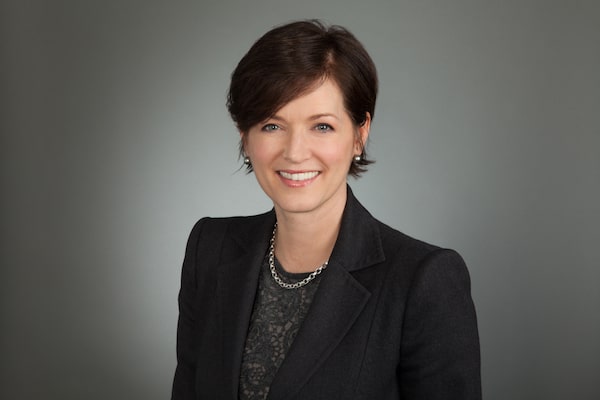The investment world has historically been managed on two dimensions: Risk and return. How much risk is an investor willing to take in order to earn an expected rate of return? But now, many investors want to have a three-dimensional view of their investments, one of risk, return, and impact.
This new equation has profound implications not only for investment management professionals, but for senior leaders at companies. Now, some investors in a company and the employees who work there both want to know what the company stands for and if it serves a higher societal purpose beyond making a profit.
The purpose of a corporation had been accepted for many years as enunciated by the simple axiom of the economist Milton Friedman: A company exists to earn a profit. What we see more and more these days – in a trend clearly hastened by the economic impact of the pandemic – is that generating a profit is increasingly seen as not enough. Many investors and employees demand a more holistic perspective. Some see it as defining a social license to operate, with companies integrating their wider purpose alongside their profit motivations. We call this purposeful capitalism.
In a 2017 study, the CFA Institute explored the idea of purposeful capitalism, describing an evolution wherein the investment industry becomes more professional, ethical, and client-centric. We discussed how organizations may evolve with greater focus placed on transforming their own cultures and integrating environmental, social, and governance (ESG) factors.
As I noted in my prior columns, many employees – particularly younger ones, women, and those from diverse backgrounds – expect more from work than a paycheque; they seek a sense of purpose. Integrating ESG factors into a business operating model is one way to do that.
This can take many forms: companies can become more cognizant of their carbon footprint and seek to reduce it; they can clearly articulate their goals for achieving a more diverse and inclusive workforce; they can adopt more family-friendly workplace policies; they can scrutinize the policies of companies in their supply chain; and so much more.
When I began my career, these ideas were not necessarily in the lexicon of everyday work. It was all about the bottom line. Yet today, many clients expect investment managers to develop portfolios that meet their expected outcomes, and impact is one of those outcomes. We therefore must be prepared to forecast it and measure it. And we as leaders must be ready to explain our own company’s societal impact to our staffs, stakeholders, and the communities in which we operate.
Investing with societal purpose can be particularly difficult. Companies certainly must deliver profits for investors. The greater good of society often comes in a distant second. How we balance these competing and sometimes conflicting interests represents an existential question for many.
Investors will ultimately have to decide if ESG factors merit consideration in their portfolios; that is their prerogative. But I believe the responsibility for us as leaders is to truly embrace a more mission-driven approach. Mark Carney enunciates this view in his new book “Value(s): Building a Better World for All” and suggests a list of values for companies to embrace: solidarity, fairness, responsibility, resilience, sustainability, dynamism, and humility.
And so, I think that companies today must accept this new equation – risk, return, impact – as reality and manage it accordingly. How they deliver on their mission indeed matters. And how they treat their employees and guide them along their careers paths has become vital to their ability to attract and retain the best talent.
Many employees simply do not want to work for companies that have not defined themselves according to the new paradigm. We must assemble a more diverse, equitable, and inclusive workforce, and we must lead it forward with a clear sense of purpose. Milton Friedman surely would have disagreed, but for many employees and investors alike, making money is not the only definition of success. They want to make an impact.

Liz Floyd/Supplied
Margaret Franklin is the president and CEO of the CFA Institute, a not-for-profit professional organization that provides investment professionals with finance education. She is the Leadership Lab columnist for March, 2021.
This column is part of Globe Careers’ Leadership Lab series, where executives and experts share their views and advice about the world of work. Find all Leadership Lab stories at tgam.ca/leadershiplab and guidelines for how to contribute to the column here.
Stay ahead in your career. We have a weekly Careers newsletter to give you guidance and tips on career management, leadership, business education and more. Sign up today or follow us at @Globe_Careers.